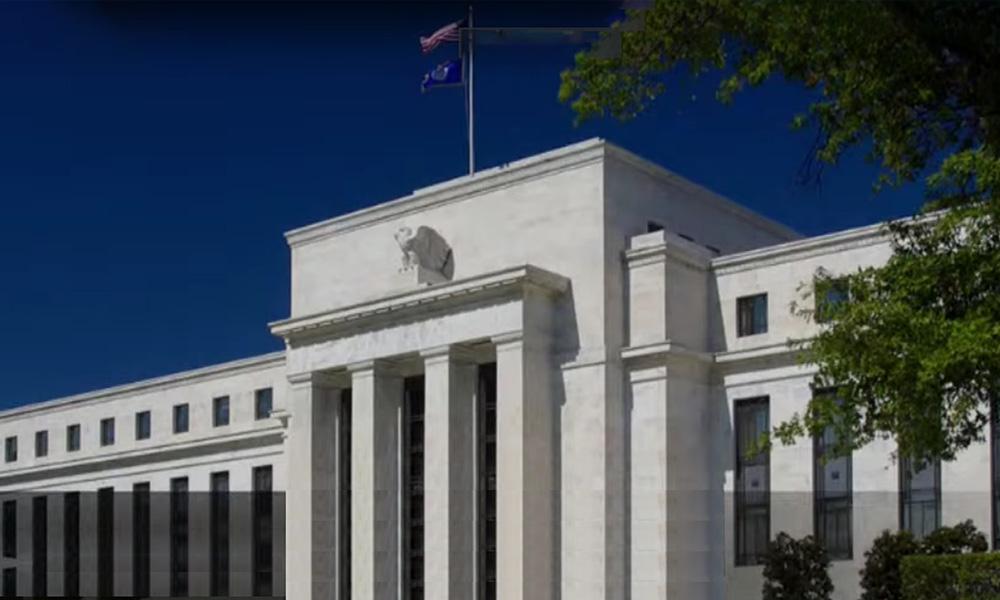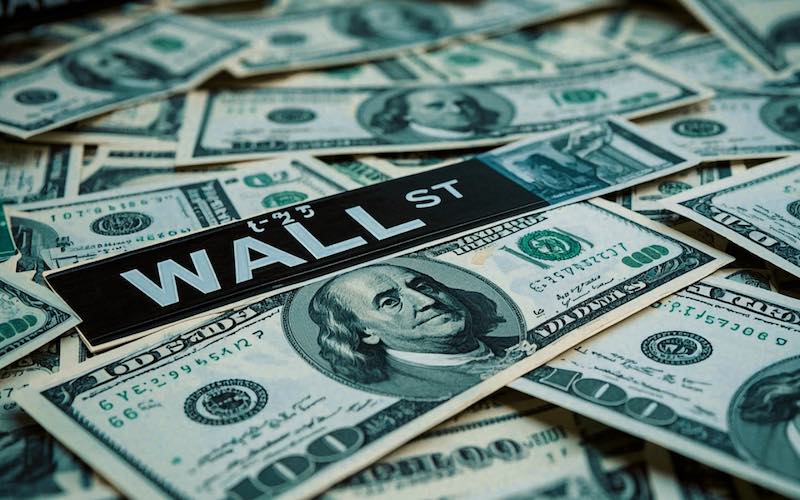Faced with mixed economic data and Trump tariffs, the Fed is expected to keep interest rates unchanged
2025-07-29 00:26:30

Fed policy decisions and internal debate
While the Fed is expected to keep interest rates unchanged at this week's Federal Open Market Committee (FOMC) meeting, there could be a heated debate within the Fed. Two Trump-appointed Federal Reserve board members, Christopher Waller and Michelle Bowman, could dissent in favor of a 25 basis point rate cut, which would be the first time since 1993 that two Fed governors have dissented at the same time.
Waller and Bowman are concerned about the deterioration of the labor market and believe that interest rate cuts can stimulate job growth. However, most policymakers believe that the current unemployment rate of 4.1% is close to the full employment level and support keeping interest rates unchanged. In his speech on July 15, Fed Chairman Powell emphasized that interest rate cuts need to be based on clearer inflation and employment trends to avoid premature action that triggers an inflation rebound.
Waller, who is considered a possible successor to Powell, pointed out that private sector employment in June accounted for only half of total employment growth (147,000), and the data may overestimate actual growth. Bowman is also worried that companies may lay off employees due to tightening credit conditions. Nomura Securities predicts that this "double opposition" will be the first since 1993.
Trump's tariff policy exacerbates inflationary pressures
Federal Reserve policymakers are generally concerned that Trump's tariff policy may hinder the return of inflation to the 2% target. On April 2, 2025, Trump announced a 10% "minimum benchmark tariff" on trading partners and imposed tariffs of up to 34% on some countries, leading to a "Black Monday" in global stock and commodity markets on April 7.
Although the United States has reached a 15% tariff trade agreement with Japan and made progress in negotiations with the European Union on a similar tariff rate, the overall tariff level is lower than expected, but U.S. tariffs have reached the highest level in 90 years.
In June, soaring prices for goods such as furniture and clothing pushed consumer inflation to an annualized 3.5%, the highest since February 2025. Chicago Fed President Austan Goolsbee warned that rapidly rising prices could "scare" households and trigger an inflationary spiral. Powell said this was just one of many possible scenarios and more data was needed to verify it.
In April, Trump signed an executive order on "reciprocal tariffs", which caused global market turmoil. In May, the US federal court ruled that Trump's comprehensive tariff measures partially exceeded his authority, limiting the implementation of his policies. In June, China's Ministry of Commerce reached a trade framework agreement with the United States to relax rare earth export controls and lift some restrictions on US goods, easing trade tensions. These events further complicated the Fed's policy making.
Economic data mixed
The U.S. Commerce Department is expected to release data on July 30 showing that nominal GDP exceeded $30 trillion for the first time in the second quarter of 2025, with economic activity accelerating. However, this growth was mainly driven by companies stockpiling goods in advance in response to Trump's tariffs, masking the weakness of economic fundamentals.
Gregory Daco, chief economist at EY-Parthenon, pointed out that tariff cost pressures, policy uncertainty, immigration restrictions and high interest rates are suppressing employment, business investment and household consumption. Consumer spending (accounting for two-thirds of economic output) performed well, with retail sales in June growing 2.1% more than expected. JPMorgan Chase Institute data showed that although household cash reserves declined year-on-year, the overall situation was better than expected.
Federal Reserve data showed that bank credit to consumers and businesses increased year-on-year for the first time since 2023, and a Dallas Fed survey showed that loan demand has risen since the end of May and is expected to continue until the end of the year. Manufacturing output grew 2.1% in the second quarter, down from 3.7% in the first quarter, but corporate resource utilization rose from 77.5% in May to 77.6% in June.
However, non-defense capital goods orders unexpectedly fell 0.7% in June, indicating cautious corporate investment. Job growth slowed, with only a few service industries (such as health care and retail) supporting recruitment, and it became more difficult to find a job. Half of those receiving unemployment benefits have been unemployed for more than two and a half months. The housing and construction industries were dragged down by 30-year fixed mortgage rates (close to 7%), with new housing starts hitting the lowest level since July 2024, and construction spending falling for nine consecutive months, the longest since the 2007-2009 financial crisis.
Citi economists noted that weak housing demand suggests interest rates remain restrictive, with a weak labor market and high uncertainty further suppressing demand.
Goldman Sachs analysts expect that the negative impact of tariffs on the economy will become more apparent in the second half of 2025, and the June business confidence index (NFIB) fell to the lowest level since 2023, reflecting concerns about policy uncertainty.
Trump's strained relationship with the Fed
Trump has repeatedly asked the Fed to cut interest rates and said in April that the impact of tariffs exceeded expectations, but Powell insisted on a wait-and-see stance. On May 7, the Fed kept interest rates unchanged for the third consecutive time, and Powell emphasized the uncertainty of tariff policies. Waller and Bowman believe that the long-term impact of tariffs on inflation is limited, and they are more worried about the deterioration of the labor market. Boston Fed President Susan Collins said that recent price increases have been moderate, and the impact of tariffs on inflation may be lower than expected.
Trump recently put pressure on the Fed to cut interest rates during a meeting in Washington, but said he had no intention of firing Powell before his term ends in May 2026. Waller and Bowman's interest rate cut proposals are partially in line with Trump's economic plans (such as tax cuts and deregulation), but most FOMC members still tend to be cautious.
- Risk Warning and Disclaimer
- The market involves risk, and trading may not be suitable for all investors. This article is for reference only and does not constitute personal investment advice, nor does it take into account certain users’ specific investment objectives, financial situation, or other needs. Any investment decisions made based on this information are at your own risk.





















